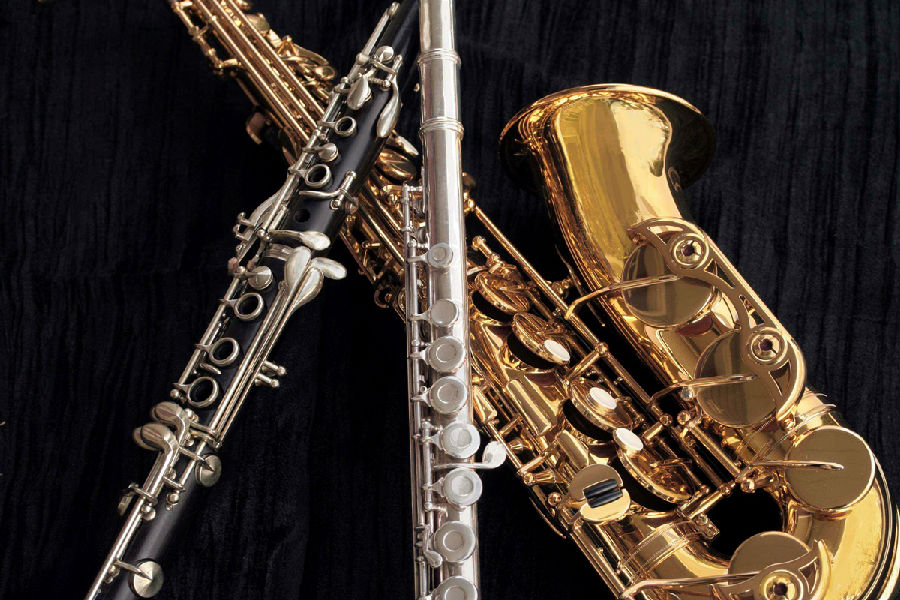(单词翻译:单击)
The violins, never silent for long, laughed in rollicking glee or sobbed as if in pain; a flute began its merry piping,
小提琴从没有长时间安静过,它们会喜笑颜开,或痛苦地哭泣,长笛开始了欢快的音乐,
and was closely followed by the delicate tinkle of the triangle and the bells. As the music went on, it seemed to make little pictures for the children to see.
紧随而来的是三脚架和排钟微妙的叮当声,随着音乐继续,儿童眼前似乎呈现出了一幅画。
A party of guests arrived noisily at a castle, or a victorious general returned to his people, announced by a sounding of trumpets.
一群顾客吵吵闹闹地抵达了一座城堡,或是一名胜利归来的将军,用轰隆隆的喇叭宣布。
These pictures, Damrosch explained, were the ones which had in the composer's mind when he wrote the music that had just been played.
据达姆罗施解释,在作曲家创作这部歌剧时,他的脑海中出现了这些画面。
The years passed, and Damrosch continued with his special concerts for children. In 1903 he had organized the New York Symphony Orchestra.
过了几年后,达姆罗施继续为儿童举办特殊演奏会,1903年,他曾组织纽约的交响乐队。
For a number of years afterwards, he traveled with his orchestra all over the United States. Many communities he visited had never heard a symphony orchestra play.
几年之后,他个管弦乐队走访了全美,一些他访问的地区从未听过交响乐演奏。

To them, as to the children of: New York City, Damrosch introduced the members of his large musical family.
对于他们就像对纽约的儿童一样,达姆罗施介绍了音乐大家庭的成员。
His audience could see that a symphony orchestra is composed of four kinds of instruments.
他的观众了解到交响乐队由四个种类的乐器组成。
First, there are the strings, made up almost entirely of violins and violin-like instruments in different sizes.
首先是弦乐器,几乎全部由小提琴或不同大小的类似小提琴的乐器。
These outnumber all the other instruments of the orchestra, for they can express more different kinds of tones and feelings as well.
这些比乐队的其它乐器总和要多,因为它们可以表达更多不同类型的气氛和感觉。
The strings usually carry the melody or tune of any selection played, and their voices are heard longer and more often than any other class of instruments while the orchestra is playing.
弦乐器通常是所有奏章的主旋律或主要气氛,它们的音色的持久性更长,比交响乐的其它级别乐器的时间都长。
Then there are the woodwinds, the flute, oboe, clarinet, etc. only two or three of a kind.
之后是木管乐器,长笛,双簧管和单簧管等等,只有两三种。
These are said to be descended from the little Panpipes of hollow reeds upon which shepherds used to play while watching their flocks.
这些乐器被认为来自空心芦苇制成的牧笛,牧羊人放牧时曾演奏的乐器。
At any rate, the woodwinds have peculiar reedy voices which enable them to be heard when speaking separately, as they generally do,
无论如何,木管乐器拥有特殊的刺耳声音,能够在分别演奏时,也是它们经常做的,可以让人们能够听到声音,
or even when all of the strings are playing.
甚至在所有弦乐器演奏时也可以。


